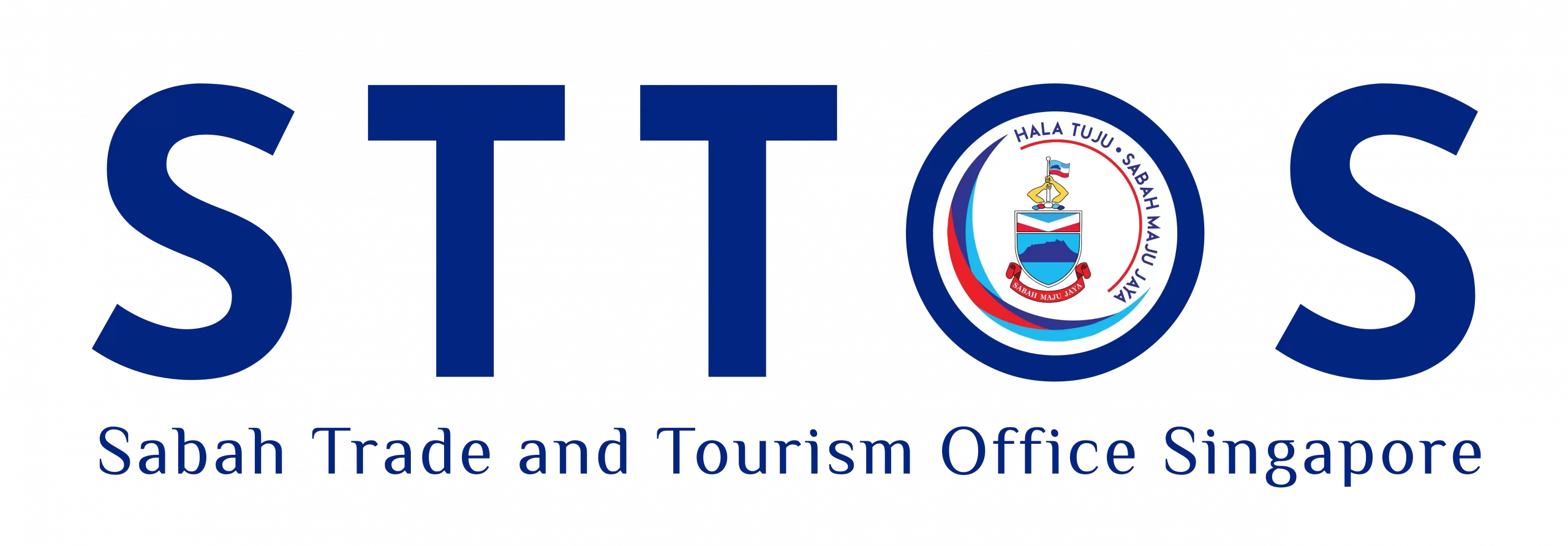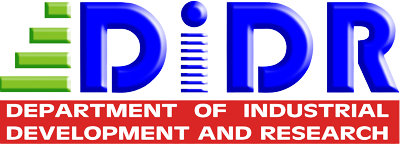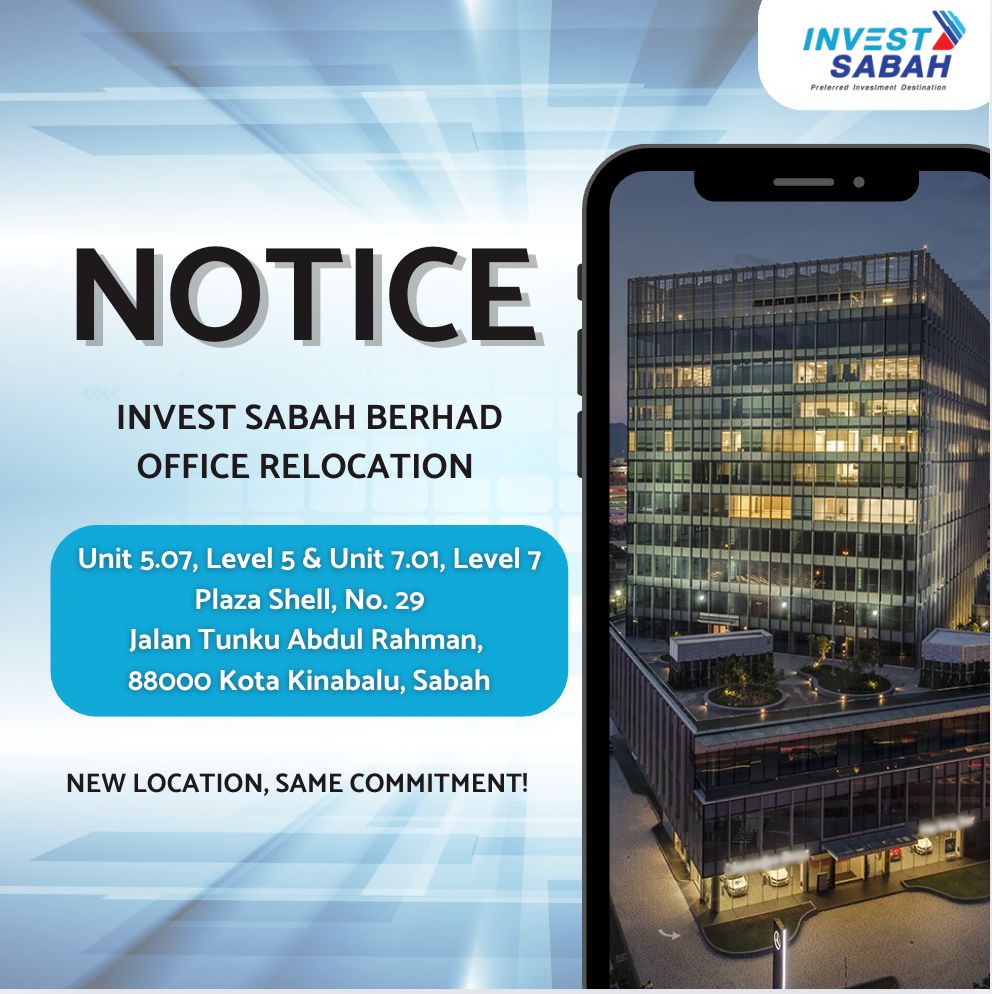Home » Investment Opportunities » Agriculture
Investment Opportunities: Agriculture
Investment in Agriculture
The agriculture sector in Sabah is deeply rooted in the state's rich natural resources and favorable climatic conditions, making it a vital component of its economy. Sabah's diverse agricultural landscape encompasses a wide array of crops, including oil palm, rubber, cocoa, and tropical fruits. This sector not only sustains rural livelihoods but also contributes significantly to the state's export earnings and food security.
At the forefront of Sabah’s agricultural industry is the oil palm sector, which accounts for a substantial portion of the state’s agricultural output. With extensive plantations spread across the region, Sabah is one of the leading producers of palm oil in Malaysia. The sector’s robust growth is supported by efficient cultivation practices, technological advancements, and a strong network of processing facilities.
In addition to palm oil, Sabah’s agriculture sector thrives on the cultivation of rubber, cocoa, and tropical fruits like pineapple, banana, and papaya. These crops benefit from Sabah’s fertile soil and tropical climate, allowing for year-round cultivation and high yields. Smallholder farmers play a crucial role in this sector, contributing to both local consumption and export markets.
Government initiatives aimed at enhancing agricultural productivity and sustainability further bolster Sabah’s agriculture sector. Investments in research and development, infrastructure development, and extension services empower farmers to adopt modern farming techniques and improve crop yields. Moreover, initiatives promoting sustainable practices and environmental conservation ensure the long-term viability of the sector while preserving Sabah’s natural heritage.
Our Statistics
One state initiative to raise Agriculture productivity through technology & innovation. A wide range of food crops are produced in Sabah. Agrifood productivity in Sabah is low relative to Peninsular Malaysia across all food crops. Livestock population & output is low relative to Peninsular Malaysia across most types of livestock. Sabah’s livestock self-sufficiency levels (SSL) are low relative Malaysia for cattle & buffalo. Sabah’s low levels of food crop production have resulted in a negative food trade balance.
Reasons to Invest:
Wide Range
of food crops production
Foot & Mouth Disease Free
Certified by WHO
Halal Hub Status
Meat Downstream Processing Industry
Initiatives:
Sabah Agro Industrial Precinct 2.0 (SAIP 2.0)
Spur rural transformation via agricultural innovation & application of modern farming methods to increase productivity & develop the downstream segment
Investment Opportunities
Sabah Agro Industrial Precinct (SAIP)
SAIP serves as a hub to develop and process agro-based products, nutraceuticals and biopharmaceuticals. Its facilities include a Post-Harvest Collection and Handling centre, food-processing Production Line Facility, Herb Manufacturing centre, greenhouses and net houses suited for Controlled Environment Farming, Cosmetics and Personal Care Manufacturing Facility, small-medium enterprises lots, and storage facilities. SAIP offers assistance with Good Manufacturing Practices certification from the Standard Industrial Research Institute of Malaysia (SIRIM) and Halal certification from the Department of Islamic Affairs Sabah (JHEAINS).
Durian Plantation
Sabah’s fertile land and favorable climate make it an ideal location for durian cultivation, with approximately 6,837.7 hectares dedicated to durian plantations in 2021, including 2,291.5 hectares for Musang King production. This thriving industry presents lucrative investment opportunities, especially in joint ventures with existing Government-Linked Companies (GLCs), leveraging their expertise and resources to enhance productivity and market access. Additionally, initiatives such as Durian Cold Treatment and Storage facilities further bolster Sabah’s position in the global market, ensuring quality and freshness for export. With downstream processing capabilities and strategic export channels to China and Singapore, Sabah’s durian industry not only offers financial returns but also contributes to the region’s economic growth and international trade expansion, all while maintaining a commitment to environmental sustainability.
High-yield Paddy Plantation
Sabah presents compelling investment opportunities in high-yield paddy plantations, with 38,732 hectares of cultivated land yielding 111,757 tonnes of rice in 2021. Paddy plantations like FELDA Sahabat in Lahad Datu (11,000 hectares) and Terusan Sapi in Beluran (1,000 hectares) offer investors the chance to leverage established infrastructure and expertise, resulting in enhanced efficiency and productivity. By capitalizing on Sabah’s favorable climate and advanced agricultural practices, investors can tap into the region’s potential to become a significant rice producer. This investment avenue not only promises attractive financial returns but also contributes to food security and economic growth in the region.
MD2 Pineapple Plantation
Sabah presents attractive investment opportunities in MD2 pineapple cultivation, downstream processing, and export. With favorable growing conditions, investors can establish plantations and processing facilities to meet the rising demand for MD2 pineapples both domestically and internationally. Leveraging Sabah’s strategic location and efficient logistics, investors can capitalize on the region’s potential for profitable returns and contribute to its agricultural sector’s growth and sustainability.
Ready to invest? Talk to our team today.
We provide assistance to facilitate your business.





